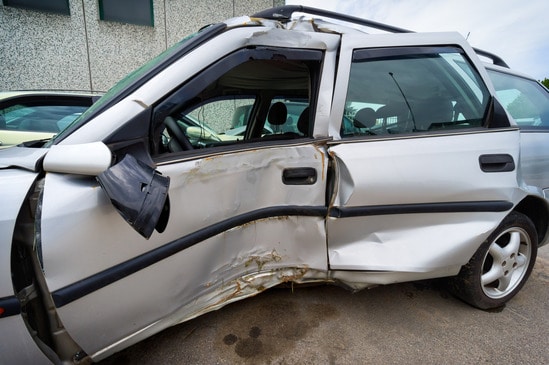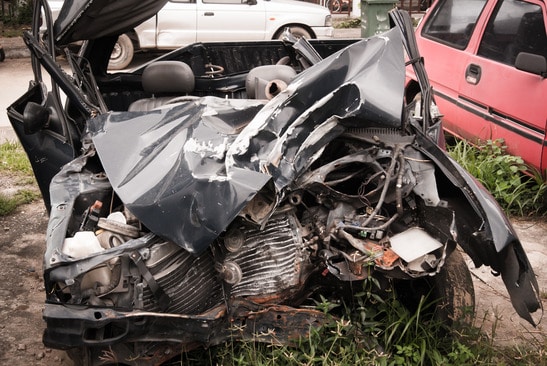BOISE and NAMPA, Idaho. If you’ve been in a car accident, your body is probably in one of the many stages of recovery. While every person’s experience of a car accident will be different based on life experience and the kind of accident that occurred, most people experience several predictable changes after a crash. Understanding the stresses your body and brain undergo after and during an accident can help with coping and help you better understand why recovery can sometimes take a while. Here are some ways your body and brain change during and after an accident:

- Fight or Flight—or Freeze. Many of us know about the flight or fight response, the brain and body’s response to stress, which prepares us to fight a danger—or flee it. But many drivers in a car accident may find themselves shocked to suddenly freeze up in the midst of an accident. This response is similar to the flight or fight response. The freeze allows you to pause and consider your options. However, with the high speeds involved in a car accident, freezing can actually make the situation worse. It is important to understand that this is a natural response. Some car accident victims go as far as to accept blame for freezing up right after an accident, not realizing that they are responding naturally to the crash. If you’ve been involved in an accident, don’t accept blame. Make a police report, and contact a personal injury lawyer like the attorneys at the Law Office of Johnson & Lundgreen to protect your rights.
- Your Body is Flooded with Stress Hormones. Stress hormones can increase your blood pressure and your blood sugar. They can also mask the pain of certain injuries. This is why it is important to seek medical attention after an accident, even if you feel okay. You could be seriously injured, but the pain may be temporarily masked by adrenaline and other hormones. Furthermore, if you are at risk of high blood pressure or a heart attack, the stress hormones can increase your risks. Always see a doctor after an accident. According to Bicycling, riders may want to keep going even after an accident. Exercise can also relieve pain in some athletes. Yet, if you’ve hit your head, feel nauseous, or have suffered damaged property, it is best to stop, get help, and make a police report.
- Time Seems to Slow Down. According to Live Science, time slowing down when you feel like you are in danger is not because your brain is working faster. Scientists found that this sensation is an illusion. Instead, your brain is actually able to create denser memories, which means that you’ll probably remember the accident in more detail. For some individuals, this detailed memory can lead to the development of PTSD.
If you’ve experienced a car accident recently, you may be facing a range of challenges, from memories of the event that won’t go away, to stress of medical expenses and lost wages. If you’ve been injured in an accident, you may be entitled to receive compensation to cover your medical expenses, lost wages, and pain and suffering. Contact Johnson & Lundgreen, Boise and Nampa, Idaho personal injury lawyers today, to learn more.

